Learn Chinese Idiom with Pinyin and English
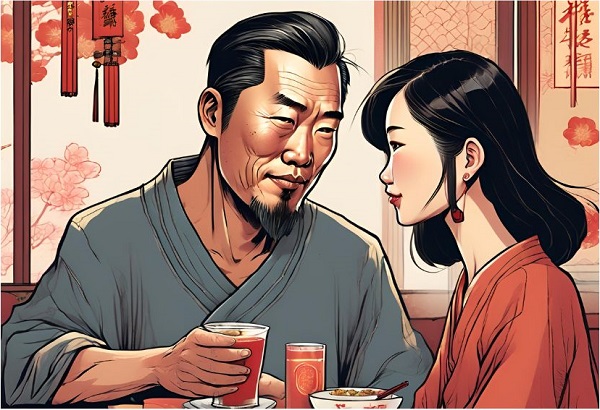
- Idiom in Chinese-大男小女。
- Pinyin of Idiom– Dà Nán Xiǎo Nǚ.
- Idiom’s Meaning in English– The idiom “Dà Nán Xiǎo Nǚ” refers to a relationship or marriage where the male party is significantly older than the female. It often implies a social imbalance or unconventionality in the age difference between the two individuals.
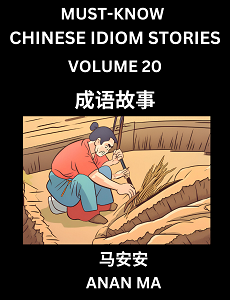
Chinese Idiom Stories Books (HSK All Levels):
- Books to Learn Chinese Idiom Stories (Part 1)
- Books to Learn Chinese Idiom Stories (Part 2)
- Books to Learn Chinese Idiom Stories (Part 3)
Learn Chinese Idiom Story in English (成语故事的英文)
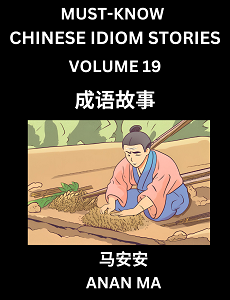
In an ancient town, there lived an elderly scholar named Zhang Lao Han. He was well-read in literature but had never married. One day, in the market, he chanced upon a young woman named Xiao Fang. She was intelligent and agile, but her family was poor. The two struck up a conversation and found themselves kindred spirits. Despite Zhang Lao Han’s advanced age, he admired Xiao Fang’s talent and kindness and decided to marry her. Xiao Fang, too, was attracted to Zhang Lao Han’s scholarly charm and agreed to be his wife. Their union caused much discussion in the town, but they didn’t care about others’ opinions. Instead, they spent many happy moments together, hand in hand.
Learn Idiom Story in Chinese (成语故事)
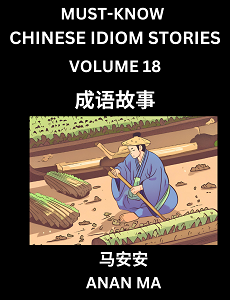
在古代的一个小镇上,有一位年长的书生名叫张老汉,他饱读诗书,却未曾娶妻。某日,他在集市上偶然遇见了一位年轻的女子,名叫小芳,她聪明伶俐,但家境贫寒。两人一见如故,相谈甚欢。尽管张老汉年纪较大,但他对小芳的才华和善良深感敬佩,决定娶她为妻。而小芳也被张老汉的学识和风度所吸引,愿意与他共度余生。他们的结合在小镇上引起了不小的议论,但两人并不在意外界的眼光,而是携手共度了许多幸福的时光。
Learn Keywords with English, Simplified Chinese Characters, and Pinyin (关键词)
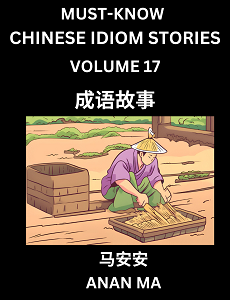
- 聪明伶俐 (cōng ming líng lì):intelligent and agile;
- 家境贫寒 (jiā jìnɡ pín hán):poor family background;
- 一见如故 (yī jiàn rú gù):become friends at first sight;
- 相谈甚欢 (xiānɡ tán shèn huān):talk happily together;
- 才华 (cái huá):talent;
- 善良 (shàn liáng):kindness;
- 娶妻 (qǔ qī):marry a wife;
- 议论 (yì lùn):discussion;
- 眼光 (yǎn guāng):perspective;
- 时光 (shí guāng):time
Pinyin of Idiom Story (故事的拼音)
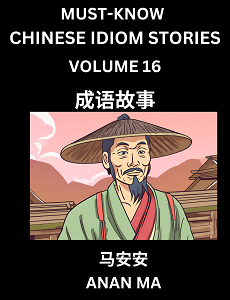
Zài gǔdài de yīgè xiǎo zhèn shàng, yǒuyī wèi nián zhǎng de shūshēng míng jiào zhāng lǎohàn, tā bǎo dú shī shū, què wèicéng qǔ qī. Mǒu rì, tā zài jí shì shàng ǒurán yùjiànle yī wèi niánqīng de nǚzǐ, míng jiào xiǎo fāng, tā cōngmíng línglì, dàn jiājìng pínhán. Liǎng rén yījiànrúgù, xiāng tán shèn huān. Jǐnguǎn zhāng lǎohàn niánjì jiào dà, dàn tā duì xiǎo fāng de cáihuá hé shànliáng shēn gǎn jìngpèi, juédìng qǔ tā wèi qī. Ér xiǎo fāng yě bèi zhāng lǎohàn de xuéshì hé fēngdù suǒ xīyǐn, yuànyì yǔ tā gòngdù yúshēng. Tāmen de jiéhé zài xiǎo zhèn shàng yǐn qǐ liǎo bù xiǎo de yìlùn, dàn liǎng rén bìng bù zàiyì wàijiè de yǎnguāng, ér shì xiéshǒu gòngdùle xǔduō xìngfú de shíguāng.




